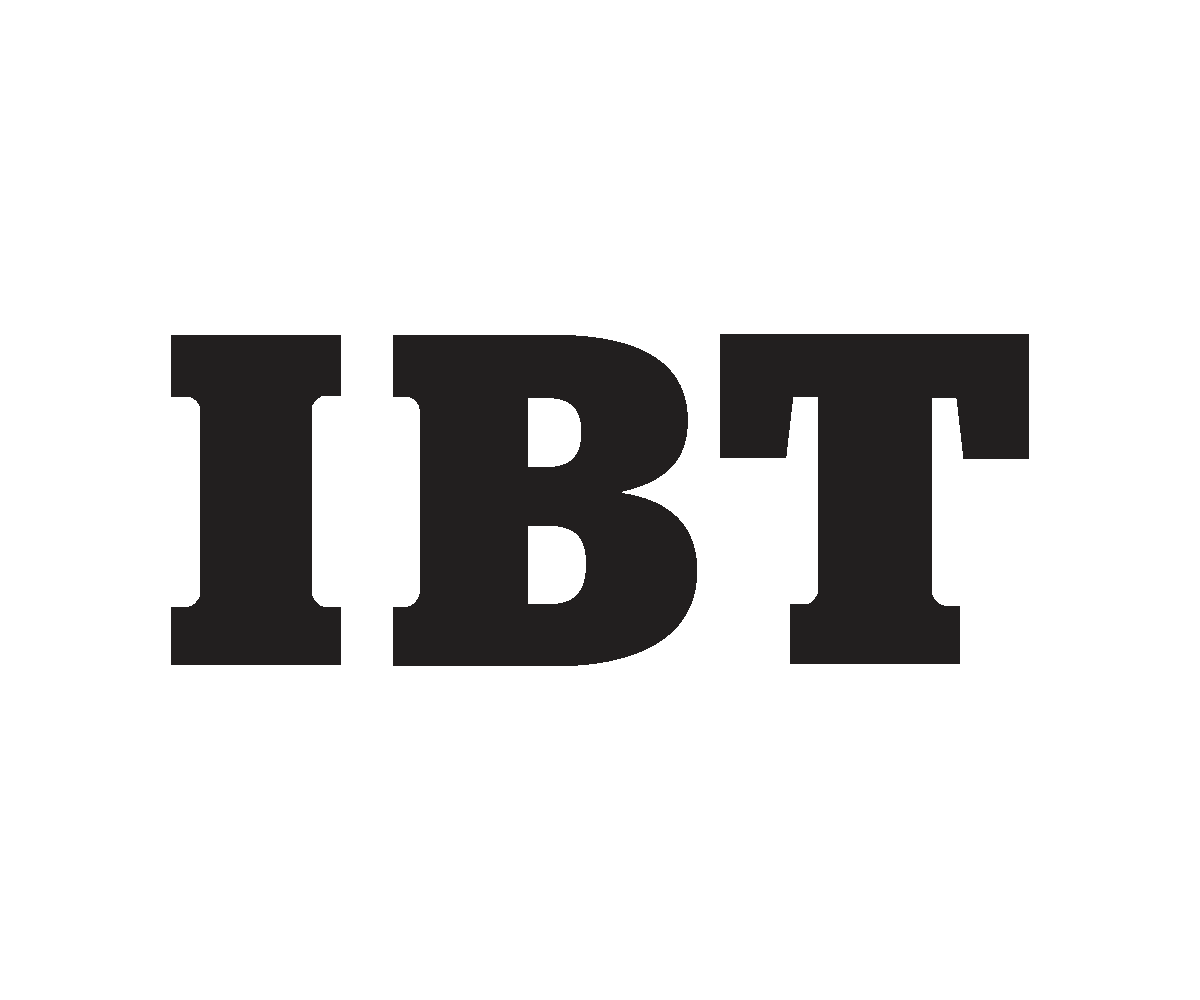Re: Muammar Gaddafi and Libyan crisis
Libya can sting Europe like 'swarm of bees': Kadhafi
TRIPOLI — Libyan leader Moamer Kadhafi threatened retaliation against Europe on Friday unless NATO ceases its operations, saying loyalist forces can launch stinging attacks like "locusts and bees."
The embattled leader also urged supporters to retrieve weapons that France supplied to rebels battling his regime, in a speech broadcast by loudspeakers to crowds in Tripoli's emblematic Green Square.
"The Libyan people are capable, one day, of taking the battle to Europe and the Mediterranean" region, Kadhafi said in the message, as thousands of supporters massed in the landmark square in the centre of the capital.
"They could attack your homes, your offices, your families (who) could become legitimate military targets because you have transformed our offices, headquarters, homes and children into military targets which you say are legitimate," Kadhafi said.
"If we decide to do so, we are capable of throwing ourselves on Europe like swarms of locusts or bees.
"So we advise you to back-track before you face a catastrophe," he warned in a speech to mark 100 days of the NATO military campaign against the North African country.
The flamboyant Kadhafi was speaking from a secret location, but his voice boomed across the square, where the authorities were hoping to gather one million regime supporters.
The crowds, waving green flights and carrying portraits of Kadhafi, chanted slogans of allegiance to "God, Kadhafi and Libya," while some fired guns into the air in celebration as the night sky was lit by fireworks.
"March on the jebel (Nafusa) and seize the weapons that the French have supplied. If later you want to pardon them (the rebels), that's up to you," Kadhafi said.
French Foreign Minister Alain Juppe said on Friday that this week's arms drop was meant only to defend peaceful civilians from Kadhafi's forces and thus fell in line with existing UN resolutions on the conflict.
"Civilians had been attacked by Kadhafi's forces and were in an extremely vulnerable situation and that is why medicine, food and also weapons of self-defence were parachuted," Juppe said France Inter radio.
....
Libya can sting Europe like 'swarm of bees': Kadhafi
TRIPOLI — Libyan leader Moamer Kadhafi threatened retaliation against Europe on Friday unless NATO ceases its operations, saying loyalist forces can launch stinging attacks like "locusts and bees."
The embattled leader also urged supporters to retrieve weapons that France supplied to rebels battling his regime, in a speech broadcast by loudspeakers to crowds in Tripoli's emblematic Green Square.
"The Libyan people are capable, one day, of taking the battle to Europe and the Mediterranean" region, Kadhafi said in the message, as thousands of supporters massed in the landmark square in the centre of the capital.
"They could attack your homes, your offices, your families (who) could become legitimate military targets because you have transformed our offices, headquarters, homes and children into military targets which you say are legitimate," Kadhafi said.
"If we decide to do so, we are capable of throwing ourselves on Europe like swarms of locusts or bees.
"So we advise you to back-track before you face a catastrophe," he warned in a speech to mark 100 days of the NATO military campaign against the North African country.
The flamboyant Kadhafi was speaking from a secret location, but his voice boomed across the square, where the authorities were hoping to gather one million regime supporters.
The crowds, waving green flights and carrying portraits of Kadhafi, chanted slogans of allegiance to "God, Kadhafi and Libya," while some fired guns into the air in celebration as the night sky was lit by fireworks.
"March on the jebel (Nafusa) and seize the weapons that the French have supplied. If later you want to pardon them (the rebels), that's up to you," Kadhafi said.
French Foreign Minister Alain Juppe said on Friday that this week's arms drop was meant only to defend peaceful civilians from Kadhafi's forces and thus fell in line with existing UN resolutions on the conflict.
"Civilians had been attacked by Kadhafi's forces and were in an extremely vulnerable situation and that is why medicine, food and also weapons of self-defence were parachuted," Juppe said France Inter radio.
....








 . Why isn't the Western media covering this?
. Why isn't the Western media covering this? 



.JPG)



Comment